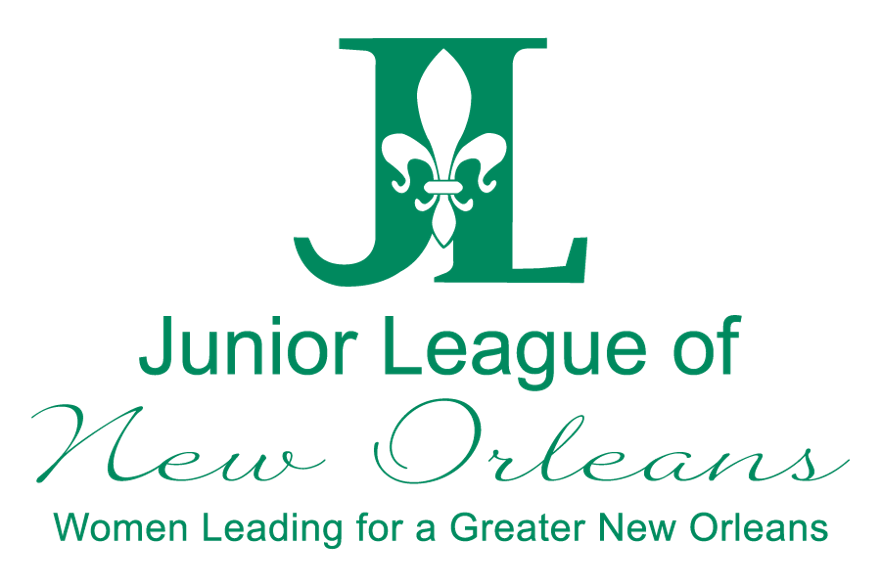Nonprofit organizations have long been essential threads in the tapestry that is the Crescent City. In its 98-year history, the Junior League of New Orleans has played a vibrant role in that story, helping rebuild a city devastated by natural disasters, promoting healthy families, developing the potential of women, as well as educating and protecting the city’s youngest residents.
In 1923, ten New Orleans women decided they could do more with their lives and spur on positive growth and change in their beloved city. They recruited like-minded women and joined the Association of Junior Leagues International, an organization that came into being in 1921, one year after the 19th Amendment gave women the right to vote. The Junior League of New Orleans officially launched on March 31, 1924 with 40 women dedicated to making a difference. Although the faces have changed through the years, the commitment to building a better Metropolitan New Orleans has thrived as it has passed down from generation to generation of members.
Now, JLNO is home to more than 1800 Provisional, Active, and Sustaining members, making it the 12th largest League out of 295 in the world. JLNO’s history laid the foundation and built the infrastructure for that type of impact. Many of JLNO’s initial programs still exist, while others have been so successful they now stand on their own, allowing the organization to respond to the changing needs to today’s New Orleans with innovative initiatives.
